Bring English literature to life with visits to iconic destinations including Warner Bros Studio Tour, Shakespeare’s Globe, and the Brontë Parsonage Museum - each offering unique educational experiences.
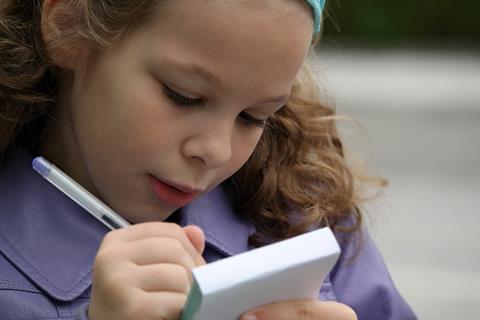
From Shakespearean plays to film studio tours, historic houses to literary landscapes, there’s no end of places and destinations that can help young people see language and literature in new and exciting ways and help them to develop language, understanding and critical thinking.
Here are some visits to consider when linking in with the English curriculum…
1. Warner Bros Studio Tour: modern literature comes to life
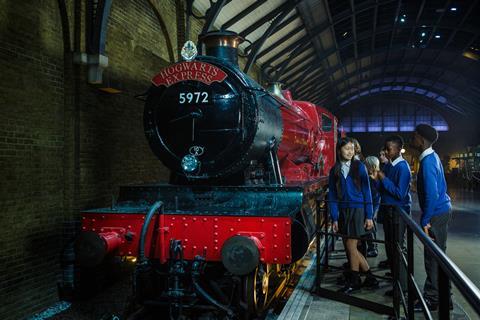
Bring some magic to lessons at the Watford-based Warner Bros Studio Tour London – The Making of Harry Potter, which offers exceptional English curriculum support with a dedicated education programme. Workshops give students an insight into how film makers use set design, costume and special effects to represent characters and settings, explore narrative structure, character development, and the adaptation process from page to screen.
School groups can also analyse dialogue construction and explore themes of friendship, courage, and good vs evil in a modern, culturally significant context. The tour’s hands-on elements, including green screen experiences and prop-making demonstrations, encompass drama and media studies as well as English, providing the ideal cross-curricular visit.
2. Brontë Parsonage Museum: Victorian literature in context
Immerse your class in the rugged moorland landscapes that inspired the Brontë sisters at the Brontë Parsonage Museum in Haworth. Students can step into the home where the Brontë sisters wrote masterpieces as Jane Eyre, Wuthering Heights and The Tenant of Wildfell Hall.
The museum learning programme, which spans KS1-5, offers moorland walks, drama, craft and writing workshops to help your group explore themes such as characterisation, narrative perspective, and the gothic.
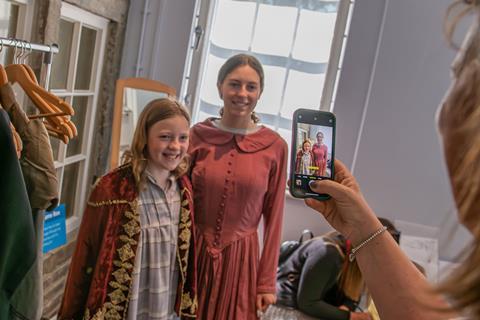
3. Seven Stories, The National Centre for Children’s Books: interactive children’s literature experiences
Seven Stories, The National Centre for Children’s Books in Newcastle has a number of exciting learning sessions for younger students on educational visits. Sessions suitable for Early Years to KS2 use original manuscripts and illustrations from the centre’s archives and imaginative exhibitions to take pupils on a journey of discovery.
Available workshops include ‘Story Sea’ for KS1, challenging pupils to discover a world of pirates by working together as a crew to sing sea shanties, build a boat, complete quests and map out their own adventure, and ‘Bits and Bobs’ for KS2 exploring the world of Mary Norton’s classic tale The Borrowers, with access to original illustrations and the opportunity to stage a mini-performance.
4. Dylan Thomas Centre: Welsh poetry and cultural heritage
Discover the life and work of Dylan Thomas, one of the 20th century’s most important writers at the Dylan Thomas Centre in Swansea. The exhibition will take students through the poet’s childhood, teenage years, World War Two and his connections with the Surrealists and the writers, artists and actors he met during his time in the US.
Students can examine his use of language, rhythm, and imagery while learning about the cultural context that shaped his work. On a trip to Laugharne on the Welsh southern coast students can step inside Dylan Thomas’ writing shed, part of the Dylan Thomas Boathouse museum, and visit the town that inspired Under Milkwood.
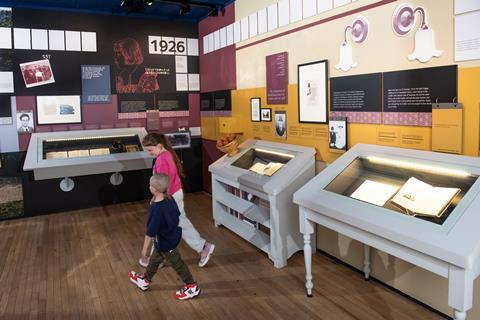
5. Shakespeare’s Globe: Elizabethan theatre and performance
Shakespeare’s Globe in London offers unique insights into Elizabethan theatre practices. Their ‘Original Practices’ workshops demonstrate how plays were originally performed, helping students understand the relationship between text and performance. The standing experience provides authentic audience engagement that illuminates the social dynamics of Shakespeare’s era.
School’s can also see a production in the theatre, with special school rates available for all productions, along with tailored workshops before or after the performance. The Globe also hosts ‘Playing Shakespeare with Deutsche Bank’, which offers subsidised tickets for schools, CPD sessions, student workshops and free learning resources to help teachers and students.
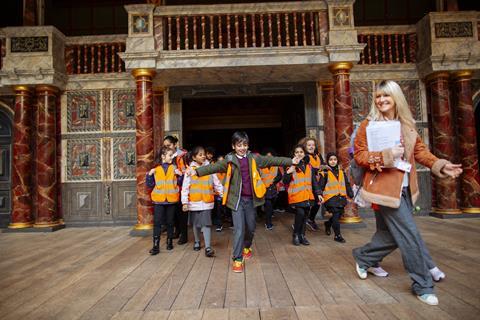
6. The British Library: literary heritage and manuscript studies
The British Library offers workshops London and Leeds for EYFS to Year 11, covering poetry, sounds and maps, all helping to develop critical thinking skills as well as language and literacy. Teachers can choose from self-led or guided sessions and students can understand how literature has been preserved and transmitted over the years.
There is a changing schedule of workshops and talks in London which explore particular areas of English and weekly workshops focusing on creative writing, analysing speech and research skills. Daily workshops take place in Leeds looking at topics including Tudor life, storytelling skills and more.
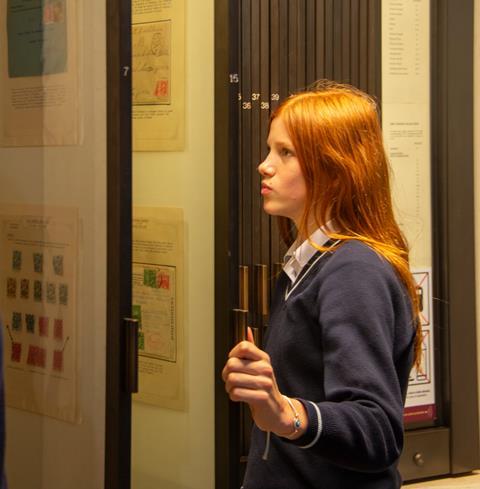
7. Canterbury Cathedral: medieval literature and pilgrimage tales
The UNESCO World Heritage Site of Canterbury Cathedral features in The Canterbury Tales, with stories of pilgrims travelling from London to the shrine of Thomas Becket at Canterbury Cathedral. The cathedral welcomes secondary schools to explore The Canterbury Tales as part of their English Literature studies, with an insight into the experience of a medieval pilgrim. Students can visit the site of Becket’s original tomb and shrine, and the tombs of the Black Princes.
The Cathedral also welcomes primary schools for a range of curriculum-focused visits exploring topics including Anglo Saxons and Vikings, Understanding Christianity and Thomas Becket and Pilgrimage. History and Religious Studies-focused trips are also available for secondary school groups.
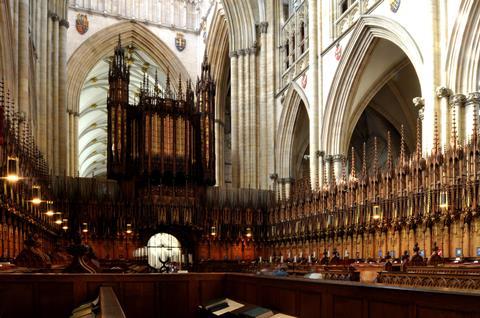
8. Hay Festival: contemporary literary voices and debate
Hay Festival Global brings together voices from the worlds of art, literature, science, politics, music and comedy to listen, talk, debate and create in locations across the world, including Peru, Wales, Kenya and Spain.
The UK festival is based in the town of Hay-on-Wye, Wales and welcomes schools to its spring programmes for schools, inviting KS2 and KS3/4 pupils to a series of free events on the opening two days of Hay Festival. 2026 events will take place on Thursday 21st May for primary schools and Friday 22nd May for secondary schools.
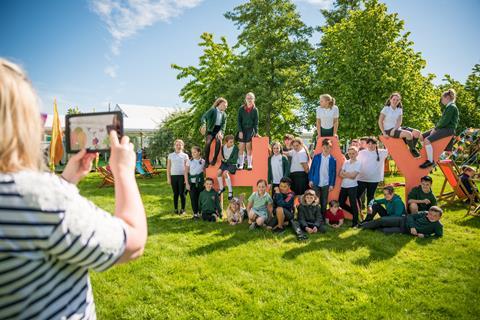
All events are livestreamed on the day with supporting teaching materials and there is a catalogue of free-to-watch sessions from previous festivals over the last five years, with more than 130 events to choose from. Teaching materials are available online to be used before, during and after the festival.
For more ideas for English trips, read our e-magazine.


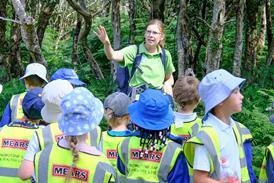
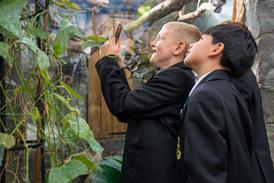
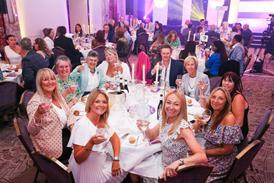






No comments yet